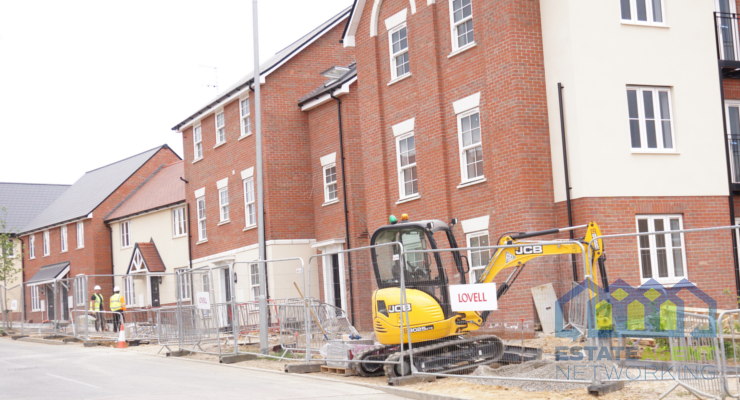What 2019 has in store for the buy-to-let market?
2018 saw a difficult year for the buy-to-let market. The Ministry of Housing reported that almost 4,000 buy-to-let properties were being sold off by landlords each month, resulting in the first drop in the number of rental properties on the market for the first time in 18 years.
Could recovery be on the horizon? Here’s what 2019 has in store.
Rising rent prices, falling house prices
With the number of rental properties dropping, we could see a shift in supply and demand, with a shortage causing increased rental prices. And while housing prices are never 100% predictable, it looks like 2019 could see a continued reduction in house prices.
This could spell good news for the buy-to-let market. More affordable property prices, coupled with an increased profit margin thanks to increasing rent, could be enough to tempt new investors to the market – especially those purchasing a buy-to-let property for the first time.
Brexit
However, with Brexit looming, the general air of uncertainty surrounding the housing market and wider economy could be enough stall the buy-to-let market. It’s not just house prices that could be affected – depending on the deal that’s struck with the EU, we could also see some changes to the renter demographic, with potentially fewer international students and low-income foreign workers looking to rent.
New landlord regulations
There are also three major legislation changes on the horizon in 2019 which will affect the buy-to-let market.
The first is the Tenant Fees Bill that’s due to come into force in June of this year. This bill will prevent landlords and letting agents in England and Wales from charging tenants letting fees or administration fees for things like credit checks, references or inventory checks (these fees are already banned in Scotland). These costs will likely be passed onto the landlord instead, adding to the increasing number of costs associated with being a landlord.
Another part of the Tenant Fees Bill is a deposit cap, which will cap deposits at 5 weeks rent on properties where the annual rent value is under £50,000 a year. For landlords who are nervous about damage to their property, this could be a major factor in their decision to invest in buy-to-let.
And the final legislation change on the horizon is a 2018 proposal that would introduce a minimum 3-year tenancy term. While this is great news for tenants, it will mean bigger commitments from landlords and could result in a lower turnover of renters for letting agents, as people stay in properties for longer.
Changes to tax
Previously, landlords were able to deduct mortgage interest and other costs associated with owning a buy-to-let from their rental income and only pay tax on the remaining amount.
However, since 6th of April 2017, the Government has been changing the way this works. The amount of tax relief landlords can claim has been reducing by 25% each tax year since 6th April 2017, until 2020 when landlords will have to pay tax on their full rental income. For many, this could be a real deal-breaker and could make investing in a buy-to-let property unsustainable for many.
The Outcome
It looks like another uncertain year for the buy-to-let market. On the one hand, we could see an increase in investors thanks to falling house prices and rising rent prices – but on the other hand, we have uncertainties surrounding Brexit, new legislation and tax relief changes that could affect both landlords and letting agents alike.
Written by: Chris Smith – silbchris@gmail.com









